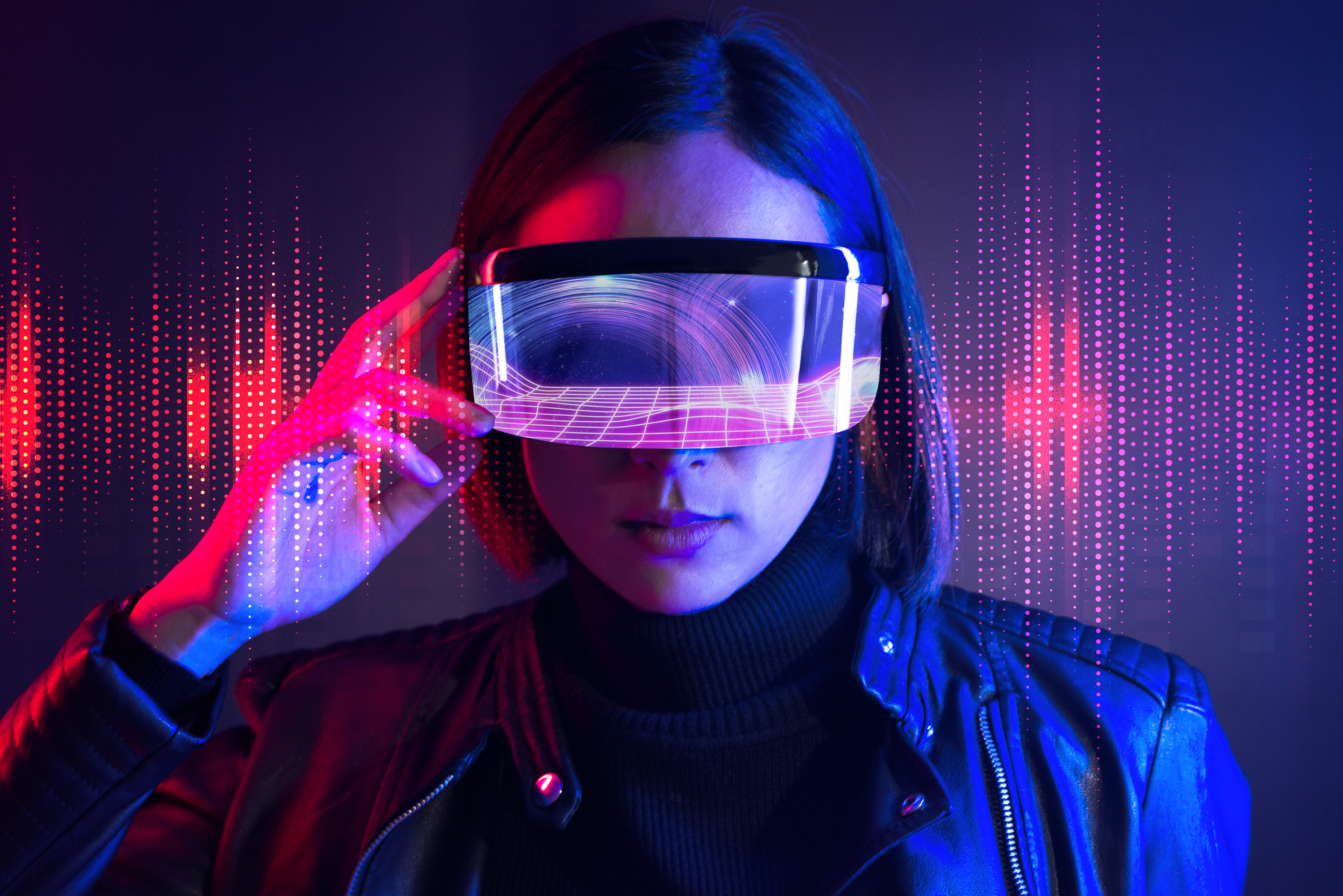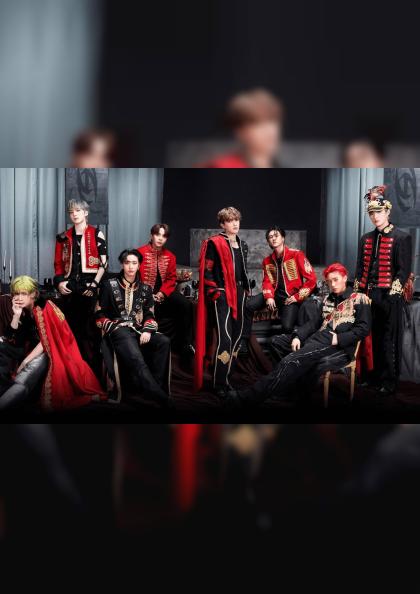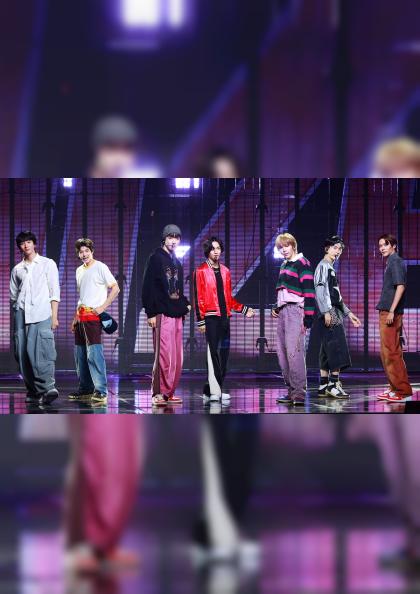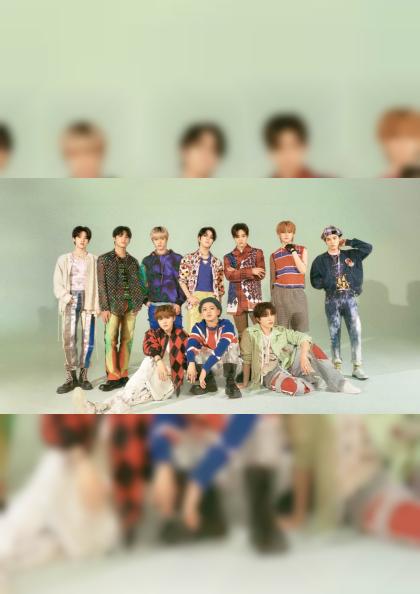On the Path To an Enhanced Pedagogy: Globalised Education In the Age Of Metaverse
With decreasing attention spans and increasing complexity across the disciplines studied, newer pedagogical methods are imperative
Metaverse meeting education is not just the beginning of endless possibilities but perhaps a pressing necessity. With decreasing attention spans and increasing complexity across the disciplines studied, newer pedagogical methods are imperative. In search of solutions, education experts have looked towards metaverse.
Before discussing the possibilities with metaverse, introspection of the existing thoughts on learning and the current aspects of our educational armour need to be examined.
Firstly, it is worth understanding what constitutes learning. Is it mere assimilation of information? Or a dedicated effort towards a holistic understanding which expands the frontiers of knowledge as well as contributes to the great good? The latter is definitely the more attractive outcome of education. Moreover, learning is termed as a permanent change in behavior. Higher education should not restrict itself to the assimilation of existing information but should contribute towards creating and contributing to it.
What plagues the current education system globally is not just the lack of experts, which is at an all-time historical high, but an outdated curriculum in some institutions coupled with a blanket approach to education despite the ample evidence that learners are unique and need unique solutions.
The Internet or technology at large has been seen as a conduit to the liberalization of knowledge. Metaverse will only take the same agenda forward. Today, the youth is increasingly veering towards the skill-acquiring route to getting employment along with the traditional path of going to college. The major reason behind this change is anticipated to be the democratization of knowledge and its affordability.


The virtual reality that metaverse creates has the in-built possibility of a cheaper, en masse education dissemination, not just in the form of recorded or live online learning that has become popular lately, although not without the fair share of dissatisfaction around it. Metaverse can create a real-time simulation of classrooms and bring the learners in proximity to expert academics with a comfort akin to that of traditional classroom education. Such a mode of education can potentially increase the capacity of premium institutes, as the technology would help institutions operate on lean resources without diluting the quality of education.
Once the metaverse becomes a household technology as mobile phones have become and universities catch up with the technology, education costs can reduce drastically. Given that the students will primarily require just a metaverse-compatible device, the increasing demand and easily supplied user base and access for the metaverse mode of education will balance out the cost of metaverse-enabled education. This step would help more students enrol on a systematic education system without breaking.
In terms of pedagogy, the cutting-edge technology of metaverse brings the possibility of combining several learning patterns simultaneously with 3D projections, high-quality audio-visuals and many more exciting experiences in an immersive, multi-dimensional way as opposed to the two-dimensional experience today's audio-visual methods of teaching can offer. An enhanced, customizable learning process will ensure that more students are engaged in complex ideas, leading to a potential increase in global IQ, which will in turn further humanity's shared goals of a better living: the entire corpus of science-fiction is a testament to what a more intelligent species is cable of.
In a similar manner, the international and 360-degree experience of the metaverse could enhance the quality of the alternate, non-linear, business-skill-oriented education that has become, for many, a preferred substitute for the curriculum-bound, traditional education.
Additionally, a metaverse-powered education could take the notion of a globalized life further and be a tool for universal harmony. As the metaverse rises perhaps learning spaces will become increasingly global without the painstaking and expensive relocation required for international education.
Internationalization at home will be a wider reality. By the virtue of shared experience, this mode of education will contribute to globalization and help students learn through lived experiences about other cultures which will in turn develop culturally inclusive sensibilities responsible for a healthy social fabric.
Another problem that metaverse will continue to solve is that of logistics in education. So far numerous attempts have been made to minimize the logistical complications behind multidisciplinary education, but with minimal success. With the increase in demand for multidisciplinary experts, time and resource constraints have been the primary concerns around training such thinkers. The immersive experience of learning in the metaverse not only promises a steeper learning curve but also saves time to look beyond one's primary discipline. Moreover, students can access easily, recorded and 3D experiences of classrooms which will help them take a step towards acquiring a multi-faceted skill set, enabling them to expand their knowledge base into other disciplines.
Metaverse is perhaps just the beginning and more of a medium for the change that is to come. What seems increasingly enticing is that with a more democratic, culturally sensitive, holistic education than before, the advent of several, expected as well as unimagined, advancements are awaited.




























